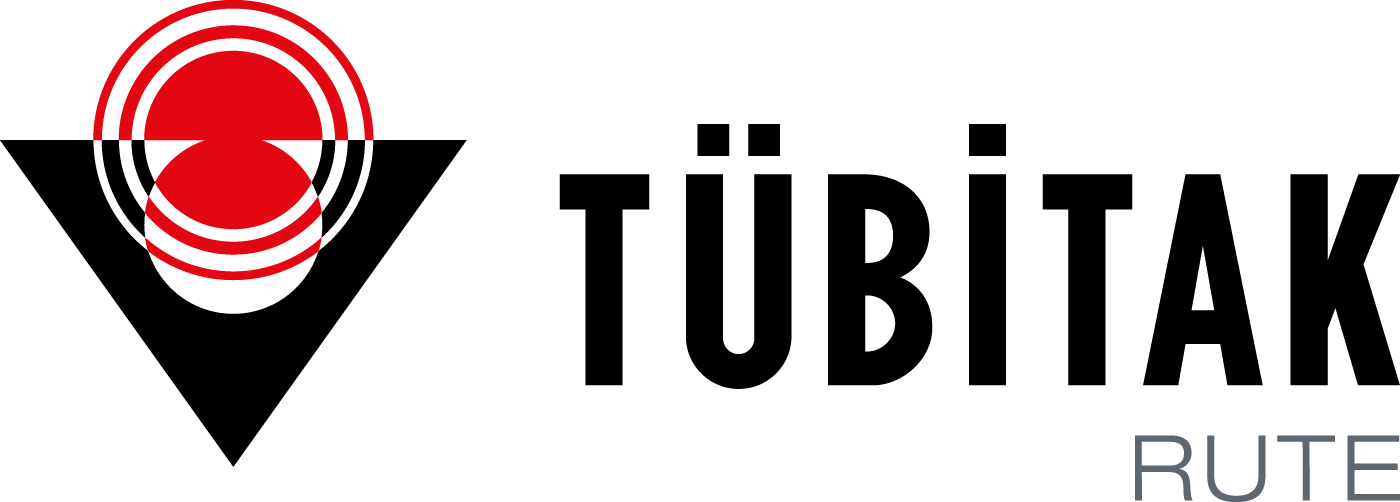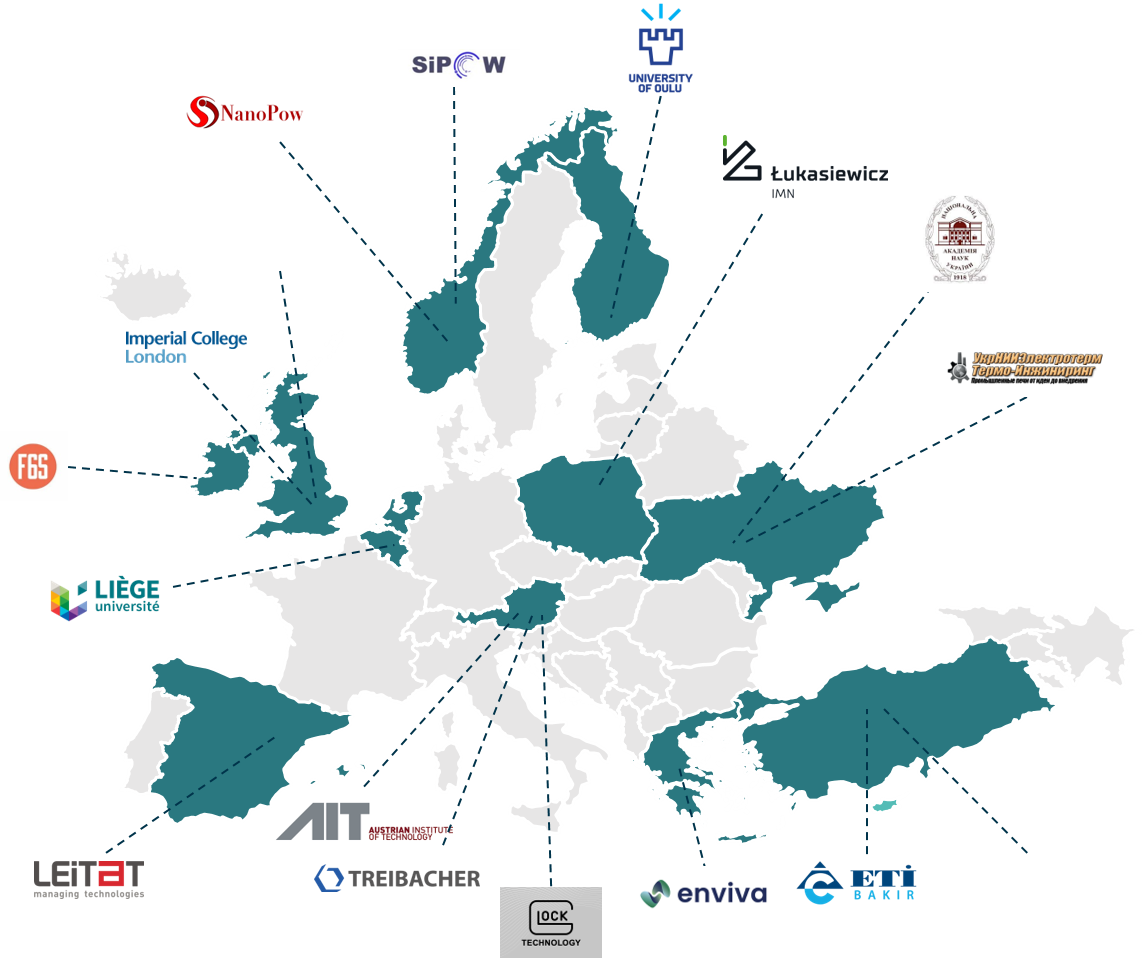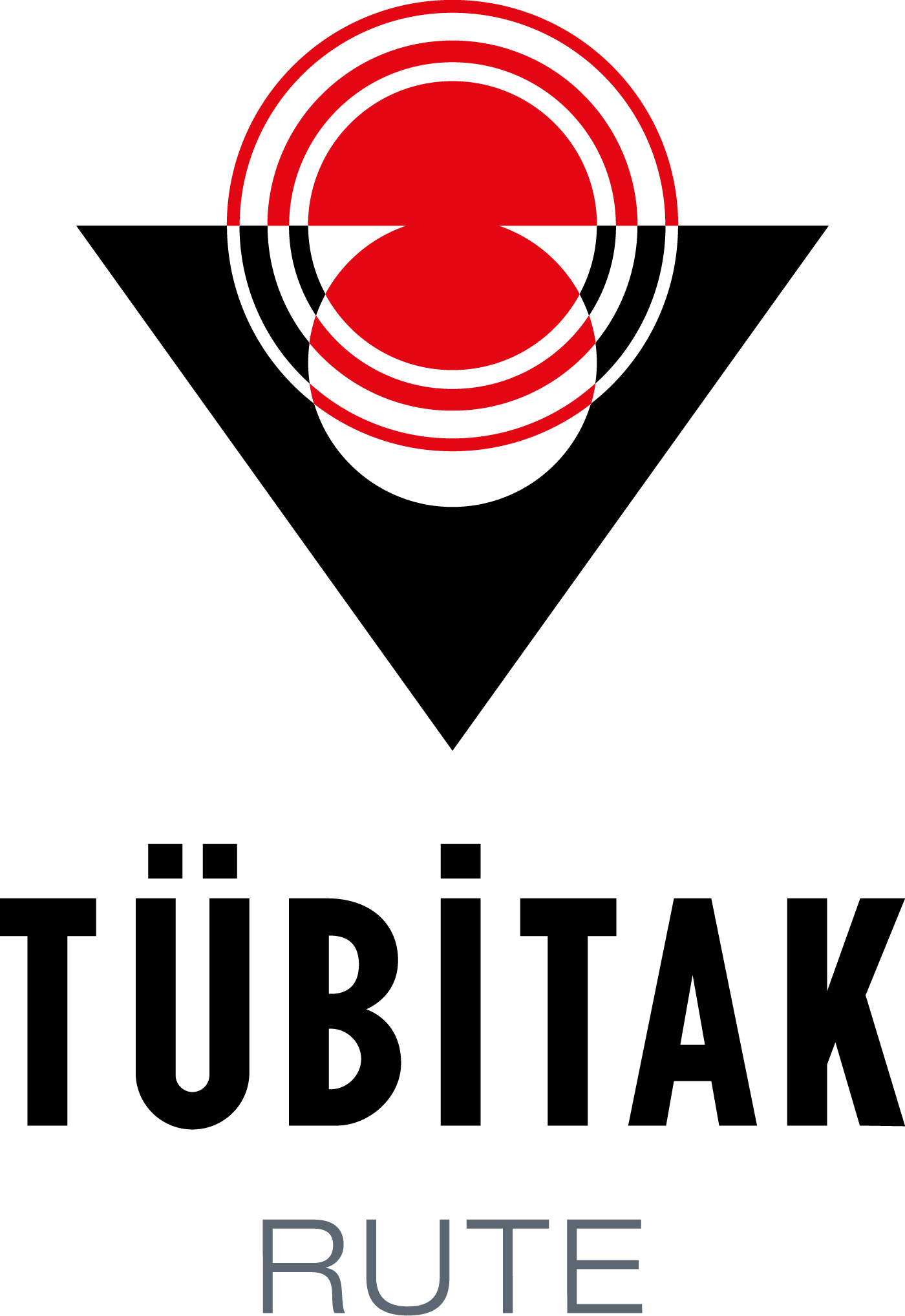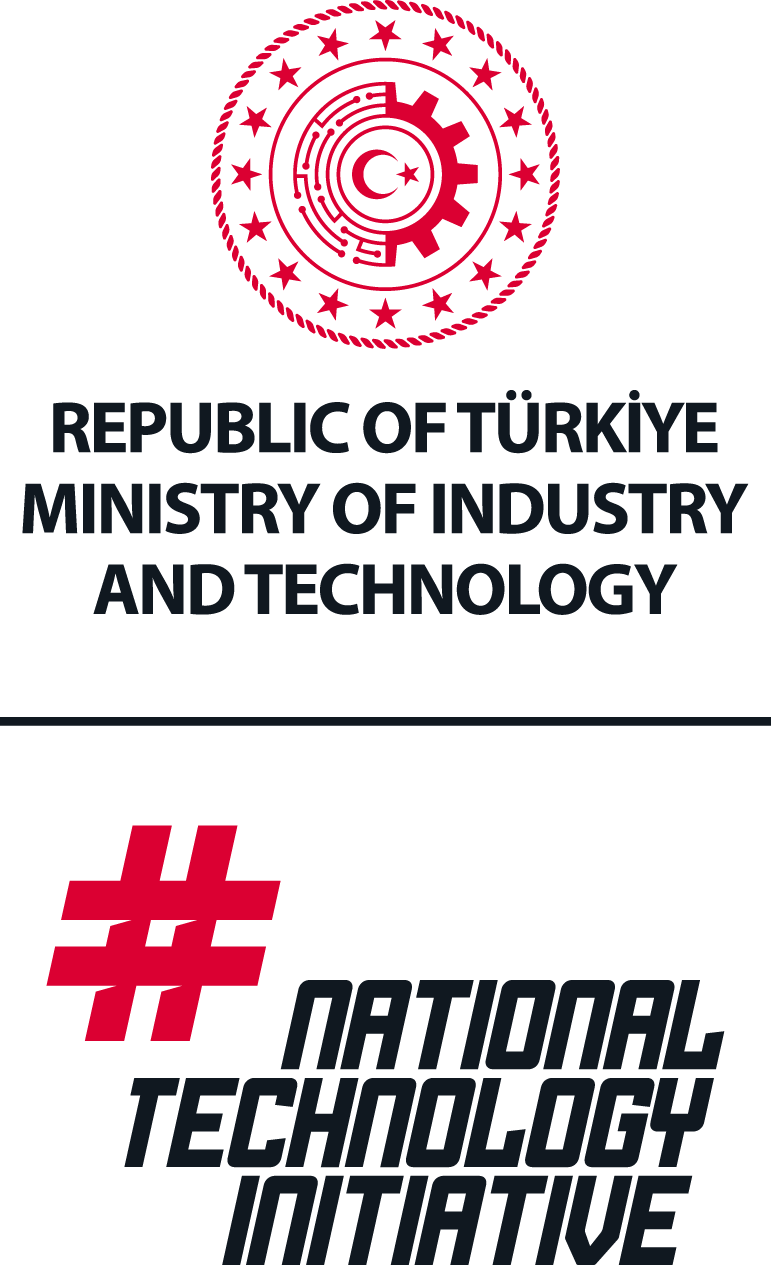EU PROJECTS
STREAMS
STREAMS Project
Driving Europe's Battery Independence and Sustainability
Embarking on a groundbreaking mission, the STREAMS Project aims to revolutionise Europe's position in the battery manufacturing landscape. Funded by the Horizon Europe Programme under Grant Agreement No. 101137771, this pioneering initiative aims to strengthen the domestic battery materials supply chain, diminish Europe's reliance on imported raw materials, and boost its resilience, competitiveness, and strategic autonomy in the global battery manufacturing industry.
Over a time period of three years, STREAMS will address the critical imperative to support Europe's economic foundation, aligning it with the green and digital transitions, while reducing dependence on Critical Raw Materials (CRMs) from external sources.
Led by the AIT Austrian Institute of Technology GMBH, STREAMS addresses the European Union's challenges in sourcing critical raw materials for batteries, encompassing lithium, nickel, cobalt, and beyond. This initiative aligns closely with sustainable development goals, targeting clean energy, decent work, responsible consumption, and climate action. Positioned strategically, STREAMS contributes significantly to Europe's battery independence by pioneering sustainable technologies for raw material recovery, in accordance with the Strategic Action Plan on Batteries and proposed regulations.
To achieve its objectives effectively, STREAMS will focus on several key areas:
- Strengthening the Domestic Supply Chain: STREAMS will bolster Europe's battery materials supply chain, diminishing dependency on imported raw materials and bolstering resilience, competitiveness, and strategic autonomy in the global battery manufacturing industry.
- Comprehensive Technological Solutions: The project will develop at least 12 innovative, flexible and scalable technologies for the sustainable production of battery-grade precursors, anode, and cathode active materials.
- Utilisation of diverse material streams: STREAMS will advocate for the utilisation of various primary and secondary sources, along with recycled battery mass, to further diminish reliance on third countries.
- Circular Models for Sustainability: By establishing circular models, manufacturing battery cells at a pilot scale, and testing according to established standards, STREAMS will identify optimal conditions for future exploitation of project results.
STREAMS stands at the forefront of Europe's efforts to secure its position in the global battery manufacturing industry while advancing sustainability and resilience objectives. Through collaboration, innovation, and commitment, we will help reshaping the future of battery technology and propel Europe towards a greener, more sustainable future!
STREAMS brings together an excellent consortium of 19 partners from 13 different countries. The consortium is composed of 5 Research centres/organisations, 4 Universities and 10 Industries & SMEs. The consortium is well balanced and each partner has a clear role defined and brings a specific contribution along the value chain of the project.
TÜBİTAK RUTE’s responsibility in the consortium is to scale up the anode and cathode production from recycled/recovered materials, to build up 10 Ah pouch cells and to perform electrochemical tests.
This project has received funding from the European Union’s Horizon Europe research and innovation programme under the Grant Agreement No 101137771. Views and opinions expressed are however those of the author(s) only and do not necessarily reflect those of the European Union or the European Climate, Infrastructure and Environment Executive Agency (CINEA). Neither the European Union nor the granting authority can be held responsible for them.






